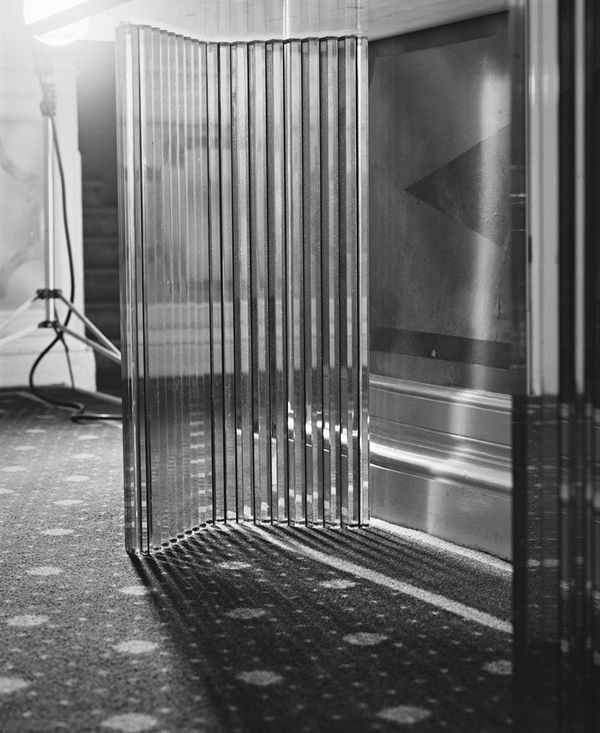Max Pinckers: 2020-MMXX
2020-MMXX (2020)
Max Pinckers
Inspired by a heightened experience of time and space with a society in limbo during the
pandemic, the scenes in 2020 -MMXX depict moments of boredom, introspection and
delicate human interaction.
Multiple-angle photography is used as a tool to accentuate the sense of elongated time
and deconstruct the illusion of space in pictures. Through subtle gestures, the images
reveal that they are photographed at precisely the same instant by multiple analog cameras
operated simultaneously.
A single moment in time perceived from different perspectives calls into question the myth
of the “decisive moment” and the credibility of a singular, authoritative way of seeing. These
meta-images refer to their own processes of perception and relationship to their observers.
Dancing around the fragility of a moment suspended in time, every point of view is unique,
revealing something its counterpart cannot, reminding us that there is always something
the photograph hides—that there are other angles to every story and different stories to
every angle.
2020 -MMXX was produced during a commission by the Capital of Rome for the Collezione
Roma, curated by Francesco Zizola. Max Pinckers and his team were invited to Rome for one
month during the COVID-19 lockdown in November 2020 and were given carte blanche to
create work in the city that would contribute to the permanent collection of the Photo Archive
Collection of the Capital of Rome.
Research and production by Victoria Gonzalez-Figueras, production assistance by Zoe Zizola
and Dario Bosio (10b Photography), and technical assistance by Quinten De Bruyn.
EUR42 (2022)
Gauthier Oushoorn & Ingel Vaikla
EUR42 echoes the final scene in Fellini’s Roma (1972), which depicts a group of motorcyclists
driving through the streets of the city at night. Their headlights light up monuments and statues,
which cast dancing shadows on the facades of buildings behind them. EUR42 relocates the
scene to EUR (Esposizione Universale di Roma), a residential and business district in Rome, Italy.
The area was originally chosen in the 1930s as the site for the 1942 World’s Fair that Benito
Mussolini planned to open to celebrate twenty years of Fascism.
EUR42 was made in residency at Academia Belgica in Rome during the same period as Pinckers’
commission; they influenced each other and worked on similar themes, departing from Italian
Neorealism, among others.
Waltz (2025)
Felix De Clercq & Max Pinckers
On the occasion of their coinciding exhibitions at Gallery Sofie Van de Velde, Max Pinckers
and Felix De Clercq collaborated for a new work. Departing from conversations about each
other’s visual language and practice, they made photographs together of a painting in
process, which was in turn based on a photograph. The result is a series of five black-and-
white prints in which wet paint, canvas, and camera join in a waltz. Photography eyes
painting’s abstraction with envy but stumbles over its own shutter release cable as painting
leans toward photography’s claim to truth with quiet longing.




















